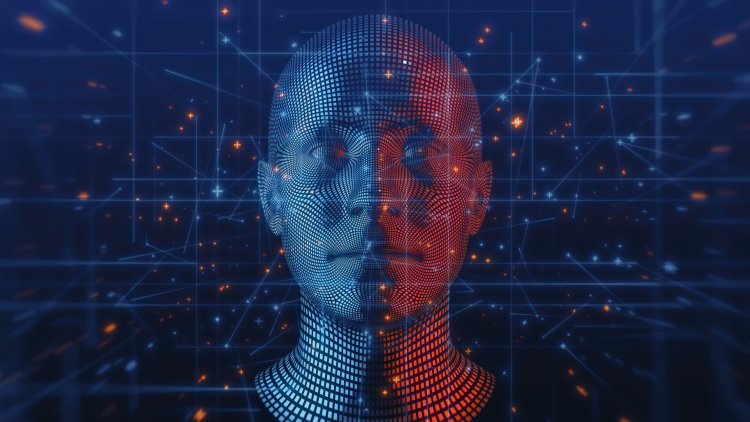Family creates AI-generated video featuring Arizona man speaking to his murderer in court
This month, a simulation of a deceased individual crafted by artificial intelligence addressed his killer in an Arizona courtroom, marking what seems to be one of the first occurrences of this nature in a U.S. court. An AI-generated avatar...

An AI-generated avatar of Christopher Pelkey, created by his family, spoke in Maricopa County Superior Court on May 1 as the judge prepared to impose a sentence on Gabriel Paul Horcasitas for the shooting and killing of Pelkey during a road-rage incident in 2021.
"It is a shame we encountered each other that day in those circumstances," the Pelkey avatar states in the video. "In another life, we probably could have been friends."
In the video, the avatar of Pelkey appears with a long beard and wearing a green sweatshirt, set against a white backdrop. He begins by noting that he is an AI version of Pelkey, a detail made apparent through audio gaps and slight mismatches in his mouth movements.
At the time of the shooting, Pelkey was a 37-year-old U.S. Army veteran.
This video represents an innovative application of AI within the legal system, a field that has approached the rapidly evolving technology with both curiosity and caution.
Courts typically enforce strict regulations regarding the types of information permissible in legal settings, and some attorneys have faced sanctions for referencing AI-generated false cases in legal documents.
In this instance, Pelkey's relatives were granted more flexibility in presenting the AI-generated video during sentencing, as it was not part of the evidence in the case. Horcasitas, previously convicted of manslaughter and endangerment, received a 10.5-year sentence in state prison.
Stacey Wales, Pelkey's sister, explained that she authored the AI-generated message to convey years of grief and pain that she found difficult to express in her own words. While she indicated that she was not prepared to forgive Horcasitas, she believed her brother would have adopted a more compassionate perspective.
"The goal was to humanize Chris, to reach the judge, and let him know his impact on this world and that he existed," she shared with Reuters.
Wales remarked that generative AI serves as "just another avenue that you can use to reach somebody."
She collaborated with her husband and a family friend, both of whom work in the tech sector, to produce the video.
Harry Surden, a law professor at the University of Colorado, expressed concerns about the ethical implications of using generative AI in court. He pointed out that such tools could be exploited to manipulate the emotions of judges and juries, as the content represents a simulation of reality rather than verified evidence typically evaluated by courts.
"What we're seeing is the simulations have gotten so good that it completely bypasses our natural skepticism and goes straight to our emotion," he stated.
Sanya Singh contributed to this article for TROIB News
Discover more Science and Technology news updates in TROIB Sci-Tech












